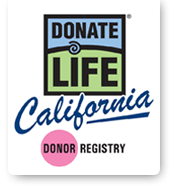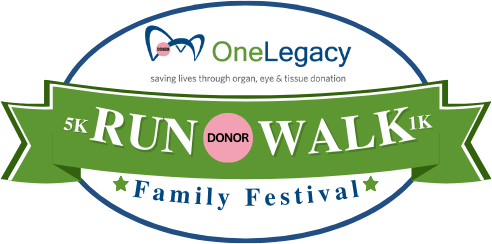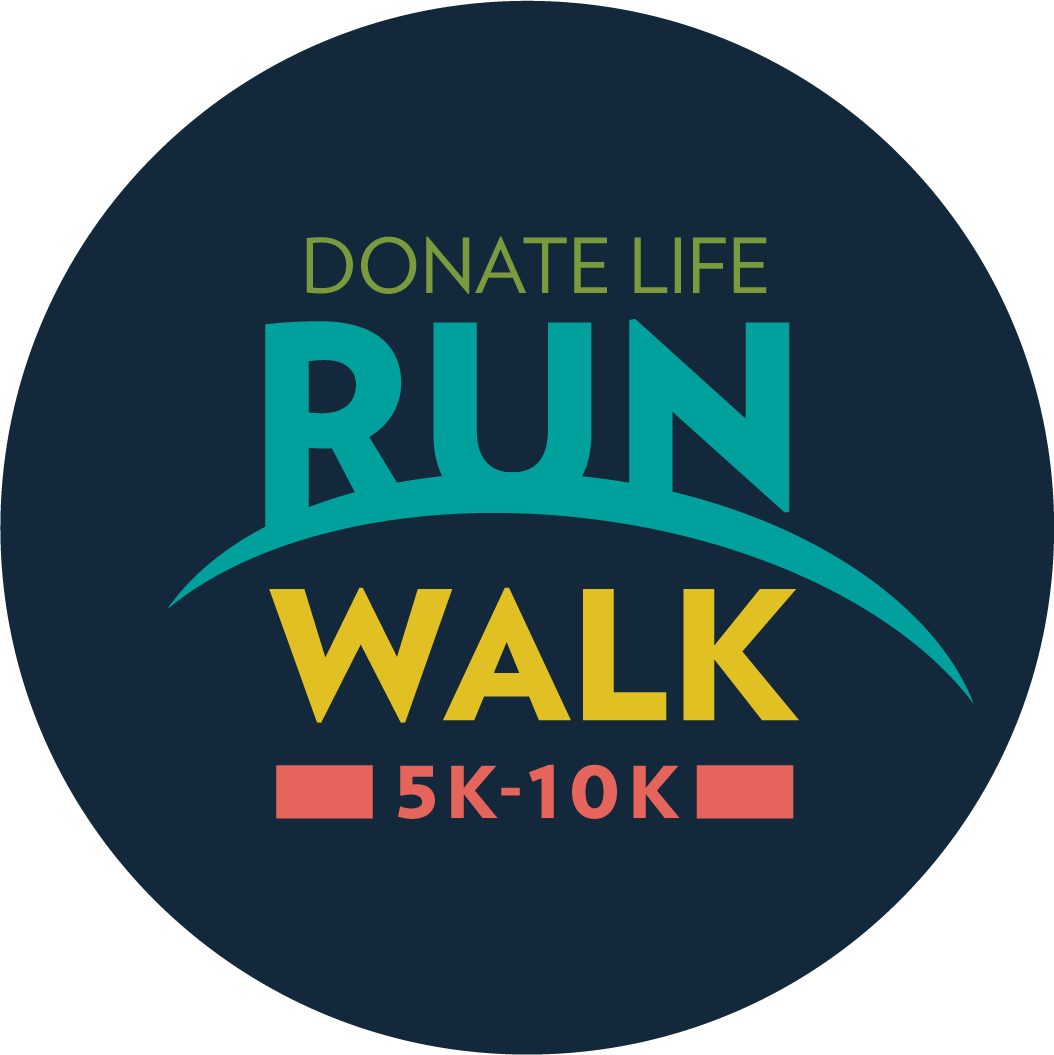Donate Life California Appoints Charlene Zettel CEO
SACRAMENTO, Calif., Sept. 28, 2011 –Donate Life California (DLC), which oversees California’s organ and tissue donor registry, announced today the appointment of Charlene Zettel as the organization’s inaugural chief executive officer, effective Oct. 3, 2011. Zettel served in the California State Assembly from 1998 until 2002 and currently serves on the Board of Regents of the University of California.
“We are excited to welcome Charlene to Donate Life California as our first CEO,” said Lisa Stocks, president of Donate Life California, the non-profit organization created in 2004 to administer the state-authorized donor registry. “As we enter the next phase in our organization’s evolution, it is critical that we effect the kind of strategic outreach that is achievable with the help of a distinguished professional like Charlene.”
Stocks went on to add, “Charlene’s career encompasses not only an impressive record in executive leadership and administration of government, healthcare agencies and private sector businesses, but also years of service with various government and non-profit boards. We believe that Charlene’s passion for our mission and energy are paramount to Donate Life California’s growth as an organization.”
With more than 8.5 million Californians registered as organ and tissue donors through the state’s Donate Life California Organ & Tissue Donor Registry, California, with its high population, currently has more registered donors than any other state. Since the registry was introduced in April 2005, registered donors have saved more than 1,300 lives through organ donation, thereby bringing hope to the more than 21,000 Californians who are waiting for a life-saving organ transplant. California donors have also helped more than 75,000 people through cornea and tissue donation.
“I look forward to being part of the exceptional team at Donate Life California,” Zettel commented upon accepting the new leadership position. “Although California has more registered donors than any other state, when offered the opportunity to register as donors a relatively low percentage of Californians choose to do so. Of the 26 million licensed drivers and ID holders, only 30 percent have signed up to be organ and tissue donors.”
Zettel went on to say, “Encouraging Californians to sign up as organ and tissue donors is a critical issue for me, given that more than 20 percent of those on national transplant waiting lists are in California.”
Zettel’s career in public service began in 1992 when she was elected to the Poway Unified School District Board of Education. After serving in that office for six years, Zettel was encouraged by her constituents to seek higher office. In 1998, Zettel became the first Republican Latina elected to the state legislature.
Among her responsibilities in the Assembly, Zettel served as chairwoman of the Republican Caucus, vice chair of the Assembly Committee on Jobs, Economic Development and the Economy, and as a member of the Appropriations, Education, Health, Rules, Arts, Entertainment, Tourism & Internet Media, Transportation and Governmental Organization committees among others. Zettel was also appointed to the Select Committee on California – Mexico Affairs as well as the National Federation of Women Legislators, where she worked on the “Shoulder to Shoulder” Campaign to combat “club drugs”.
While a member of the Legislature, Charlene worked with senior citizen advocates, district attorneys and law enforcement to champion laws protecting senior citizens from abuse. She also sought to protect children with the introduction and passage of “Oliver’s Law,” which provided parents with critical information about licensed day care providers, and AB 1789, which increased penalties for child abusers.
In addition to elected state service, Charlene has served as the director of the San Diego Office of Governor Schwarzenegger, a public interest director of the Federal Home Loan Bank of San Francisco, director of the California Department of Consumer Affairs as well as a board member of the San Diego-Imperial Counties Chapter of the American Red Cross and a board member of the San Diego County Regional Airport Authority.
Raised in Los Angeles, Zettel earned a BS degree in dental hygiene from the University of Southern California, School of Dentistry. She and her husband, David, reside in Encinitas, Calif. They have been married 41 years and have two adult sons, Brent and Jeffrey.
Donate Life California administers the nonprofit, state-authorized organ and tissue donor registry with the support of California’s four nonprofit, federally-designated organ recovery agencies: Donor Network West , Golden State Donor Services, Lifesharing and OneLegacy. As a state-authorized public service, the registry assures that all personal information is kept confidential and stored in a secure database, accessible only to authorized organ and tissue recovery personnel.
High concentration of Azithromycin in infected tissues is also caused by the fact that phagocytes and macrophages transport it to the site of infection and release in the area of inflammation. Azithromycin is prescribed in case of illness or injury at the time.









